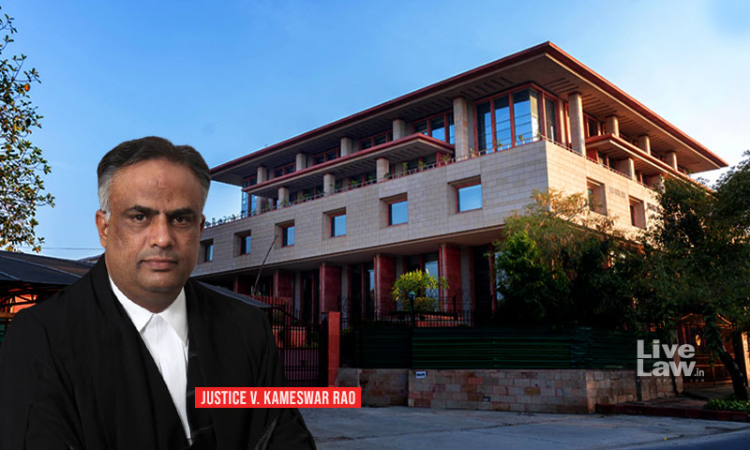Doctrine Of Group Of Companies, Can't Implead Third Party To Arbitration: Delhi High Court
Parina Katyal
15 Nov 2022 3:00 PM IST

Next Story
15 Nov 2022 3:00 PM IST
The Delhi High Court has ruled that the Doctrine of Group of Companies cannot be applied to implead a non-signatory third party to arbitration, in a dispute arising between partners relating to the partnership business. The Court held that partnership in its very nature cannot be equated with a company to invoke the Doctrine of Group of Companies. The Single Bench of Justice...
